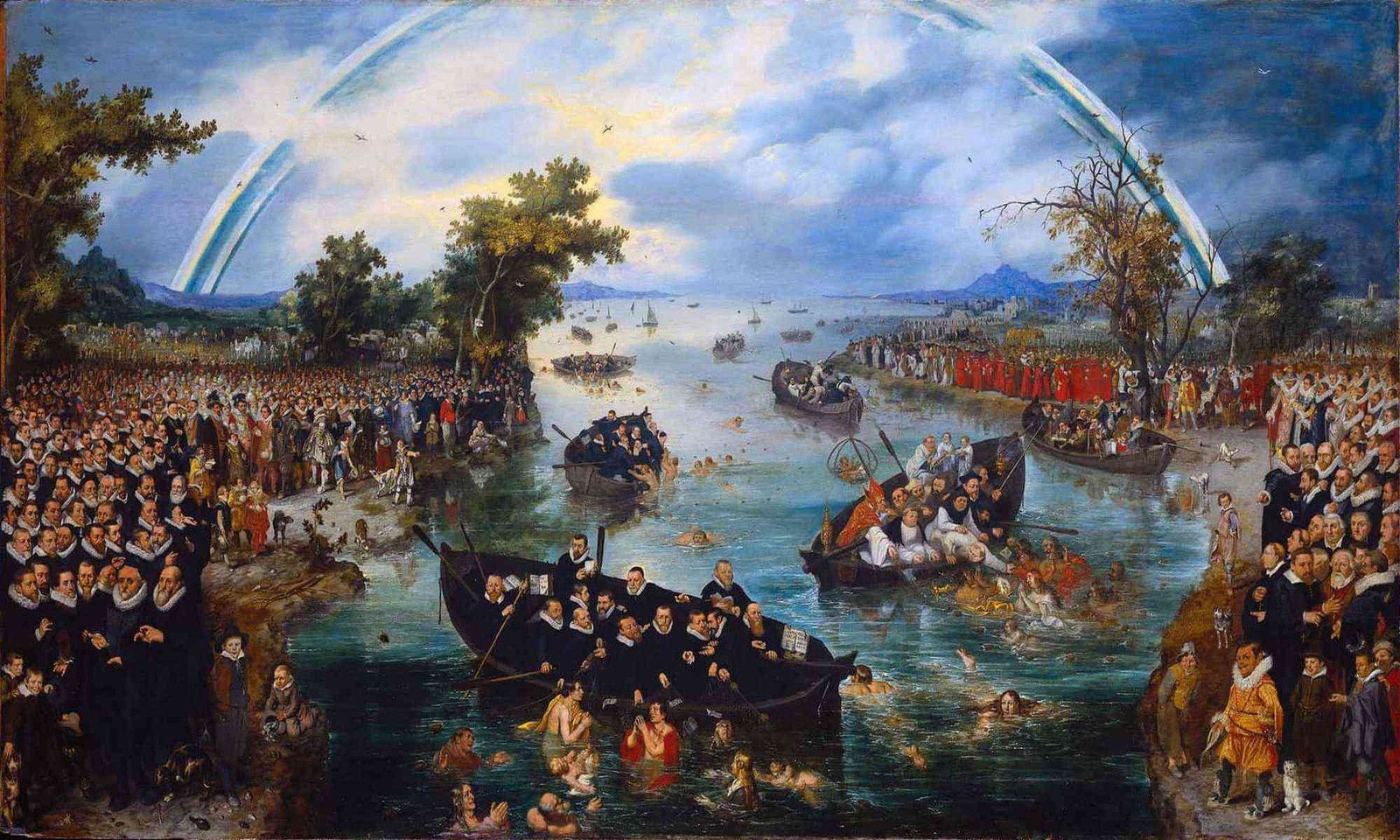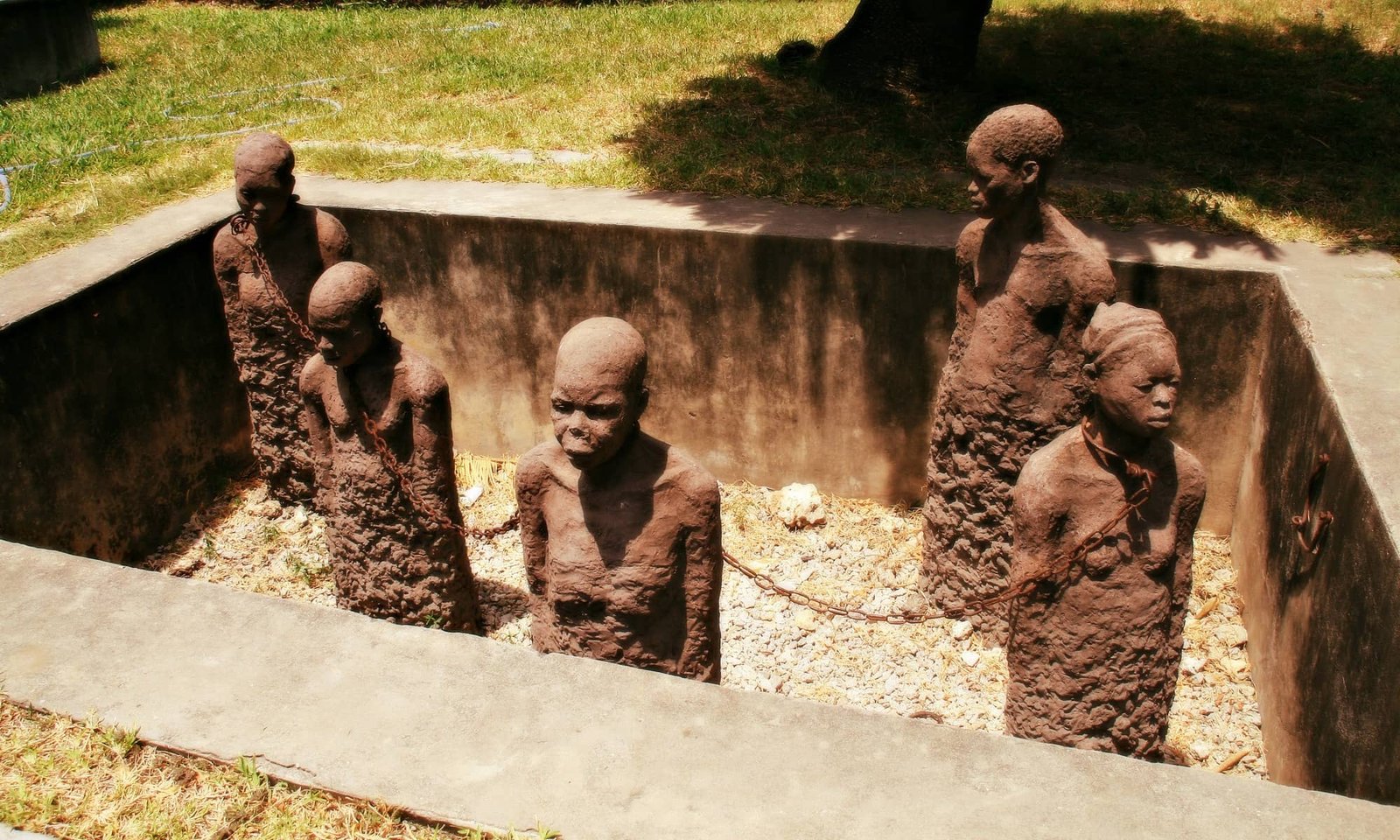Colonialism
Colonialism, a term rooted in the Latin word “Colonus”, referring to tenant farmers in the Roman Empire, has evolved to describe the control and exploitation of people and resources by a foreign power. This practice, which began in the 15th century and peaked during the early 20th century, saw European powers extending their dominion across 35% of the Earth’s land by 1800, and up to 84% by the onset of World War I.
The colonial era was characterized by the establishment of colonies where the colonizers monopolized political power and often viewed the conquered societies as inferior in various aspects. The impact of colonialism was profound and multifaceted, affecting the legal, administrative, social, cultural, and even biological spheres of the colonized regions.
Colonialism took on different forms, including settler colonialism, where settlers aimed to permanently replace the existing societies with their own, sometimes leading to the genocide of native populations. The justification for such actions was frequently couched in the language of a ‘civilizing mission’, a belief in entitlement and superiority, often linked to a supposed Christian mandate to cultivate land and life.
The consequences of colonialism have been long-lasting and are still felt today. The colonial institutions established during this period have been shown to account for variations in economic development, regime types, and state capacity in the post-colonial world.
The process of decolonization, which began in the 18th century and saw a significant wave post-World War II, has led to the independence of many former colonies. However, the legacy of colonial rule persists, with some academics using the term neocolonialism to describe the continuation of colonial influences in contemporary times.
The Historical and Contemporary Perspectives on Colonialism and Proselytizing
Throughout history, proselytizing has been a tool for cultural assimilation and control, often accompanying colonial rule. It has been a means of imposing the colonizer’s beliefs and values upon the indigenous populations, sometimes resulting in the erosion of local traditions and practices. However, it has also been a source of spiritual support and community for some individuals within colonized societies.
In contemporary times, the concept of proselytizing has expanded beyond religious contexts to include the promotion of political ideologies and social causes. It remains a contentious issue, with debates surrounding the ethics of attempting to change another person’s beliefs and the respect for individual autonomy and cultural diversity.
The interplay between colonialism and proselytizing raises important questions about power, identity, and the right to self-determination. It invites us to reflect on the historical consequences of these practices and their ongoing relevance in today’s globalized world.
As we continue to grapple with the remnants of colonialism and the dynamics of proselytizing, it is crucial to engage in open and respectful dialogue, acknowledging the complexities and seeking a path towards mutual understanding and reconciliation.
The Impact of Colonialism and Slavery on Modern Society
Colonialism and slavery are two interconnected aspects of history that have had a profound impact on the world. Colonialism refers to the practice of acquiring full or partial political control over another country, occupying it with settlers, and exploiting it economically. Slavery, on the other hand, is the condition in which individuals are owned by others, who control where they live and at what they work.
The era of colonialism saw European powers venturing into new territories across the world, often leading to the subjugation and exploitation of local populations. Slavery played a crucial role in this process, providing the labor force needed to extract resources and cultivate the colonies. The transatlantic slave trade was a direct result of the demand for labor in the colonies, leading to the forced migration of millions of Africans.
The legacy of colonialism and slavery is still felt today, as they have shaped current socio-economic and political landscapes. The repercussions are evident in the ongoing discussions about race, inequality, and reparations. Understanding this history is essential to addressing the challenges that stem from it and moving towards a more equitable society.
Understanding the full scope of colonialism’s impact requires a nuanced examination of its history, forms, and the ongoing implications for countries around the world. It is a complex legacy that continues to shape global relations, economies, and societies.
“The worst thing that colonialism did was to cloud our view of our past.”
– Barack Obama
Proselytizing
Proselytizing, the act of attempting to convert someone to a different religion, belief, or opinion, is a practice that has been part of human society for centuries. It is a subject that often stirs intense emotions and debate, reflecting the diversity of beliefs and the passion with which individuals hold them.
The term “proselytize” originates from the Greek word “prosēlytos,” meaning “stranger” or “newcomer.” This reflects the transition that individuals undergo when they adopt new beliefs. Proselytizing can take many forms, from personal conversations to organized campaigns, and it is practiced by various religions and belief systems around the world.
Proselytizing is sometimes viewed negatively, as it can be associated with coercion or aggressive tactics. However, it can also be seen as a form of sharing and education, where individuals present their beliefs to others in the hope of enlightenment or mutual understanding. The key is the manner in which proselytizing is conducted—respectfully and with the consent of those being engaged.
In many societies, the right to proselytize is protected under the principles of freedom of speech and religion. However, this right is balanced with the need to respect the beliefs and rights of others. In some countries, there are laws that regulate proselytizing to ensure it does not infringe upon the freedoms of those with different beliefs. The digital age has transformed the landscape of proselytizing, with the internet providing a new platform for spreading beliefs. Social media, blogs, and forums have become modern arenas for discussion and conversion efforts. This has made proselytizing more accessible but also raises questions about the spread of misinformation and the potential for manipulation.
Proselytizing is a complex aspect of human interaction, one that requires careful consideration of ethics, respect, and the rights of individuals. Whether one views it as a positive or negative force in society, it is undeniable that proselytizing has played a significant role in shaping the world’s religious and ideological landscape.
In conclusion, proselytizing is a multifaceted practice that reflects the human desire to share and promote deeply held beliefs. It is a practice that calls for sensitivity and respect, recognizing the diversity of thought that enriches our global community.
As society continues to evolve, so too will the conversations around proselytizing and the ways in which we engage with one another on matters of belief and conviction.
Slavery
The institution of slavery is one that has marred human history with its inhumanity. From ancient civilizations to modern times, slavery has taken on many forms, whether it be the enslavement of war captives in the ancient world or the transatlantic slave trade that forcibly brought millions of Africans to the Americas.
The repercussions of such a system have had long-lasting impacts that are still felt today, as the legacy of slavery continues to influence social, economic, and political structures around the globe.
What’s More

My Blog (58)
Dependence (5) Fiction (7) Karma (6) Landmarks (4) Paramount (5) Poignancy (5) Spectrum (6) Spotlight (5) Take Off (5) Unique (5) Virtue (5)
Amazing Stuff (9) Beyond Known (8) Controversial (10) Digital World (9) Inequities (8) Innovative (8) Metaphysics (8) Our Society (9) Outer Space (9) Value Creation (9)













